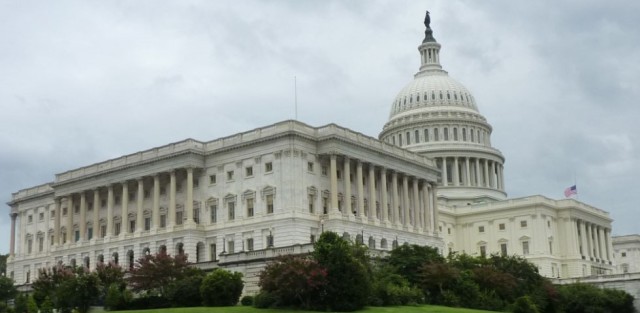Hopes for better privacy protection in CISA depend on conference committee reconciliation

Now that the Senate has passed its own version of the Cybersecurity Information Sharing Act (CISA), work on the legislation shifts to reconciling the Senate bill (S. 754) with similar measures passed by the House of Representatives earlier this year. Privacy advocates and industry groups oppose the new legislation for many of the same reasons that led to the demise of the Cyber Intelligence Sharing and Protection Act (CISPA) in each of the two previous Congresses, but in the wake of a seemingly unending string of major data breaches and cyber intrusions, it appears quite likely that the current Congress will get a bill to the the president for signature. It’s worth noting that while the House did introduce another version of CISPA in February, the House legislation that actually passed – the Protecting Cyber Networks Act (PCNA) (H.R. 1560) – was introduced separately in March and includes much stronger privacy protection language than the Senate’s CISA bill. The best prospects for closing the many privacy loopholes in the Senate version now rest with the House members in the conference committee that, according to CISA co-sponsor Senator Richard Burr, likely will not produce a final bill until sometime in 2016.
Critics of the Senate CISA bill note that it provides few provisions to ensure that personal information of private citizens is not disclosed improperly by companies that voluntarily share cyberthreat information with the federal government. What’s more, CISA would effectively insulate companies that failed to remove personally identifiable information from legal action by preempting the other federal privacy legislation. The House’s PCNA, in contrast, directs the Department of Justice to develop and periodically review privacy and civil liberty guidelines related to cyberthreat indicators and associated information shared with the government, and even affords individuals a private right of action if those guidelines are violated – a provision similar to causes of action in the Privacy Act and several other major privacy regulations now in effect. The CISA bill’s supporters in the Senate have consistently argued that privacy concerns are overblown, noting that cyberthreat information sharing with the government by private sector entities is voluntary, and that the legislation includes provisions requiring the removal of personal information that is not directly relevant to cyberthreat indicaors.
A separate line of criticism has been directed at CISA and other proposed legislation focused on information sharing between private sector entities and government agencies because that legislation includes few, if any, provisions that would actually mandate or strengthen security measures that public or private sector organizations implement to protect personal information or other sensitive data. To be sure, improving the security posture of commercial companies and government agencies across the board is a laudable goal, but there is essentially no precedent in federal security or privacy legislation affecting non-government entities. Both versions of FISMA (the Federal Information Security [Management | Modernization] Act), the Government Information Security Reform Act that preceded FISMA, and the Privacy Act only govern federal executive agencies. Industry-focused laws like the Health Insurance Portability and Accountability Act (HIPAA), the Electronic Communications Protection Act (ECPA), and the Graham-Leach-Bliley Act (GLBA) clearly state security objectives but are not particularly prescriptive about how those objectives are to be attained. Under the presidents 2013 Executive Order 13636, Improving Critical Infrastructure Cybersecurity, the National Institute of Standards and Technology (NIST) produced a standard cybersecurity framework that private-sector organizations could use, but the framework is voluntary. It seems neither politically nor commercially feasible that the government could successfully mandate minimum security requirements for private sector organizations, although it might make sense for the government to condition federal cybersecurity assistance given to those entities after an attack on their compliance with such standards.
 SecurityArchitecture.com
SecurityArchitecture.com
